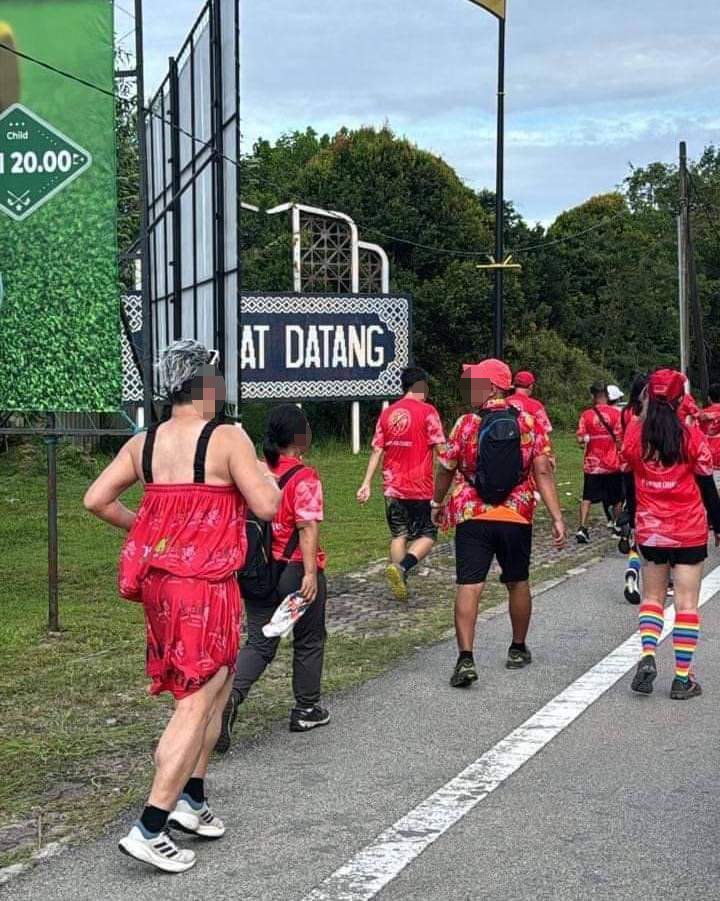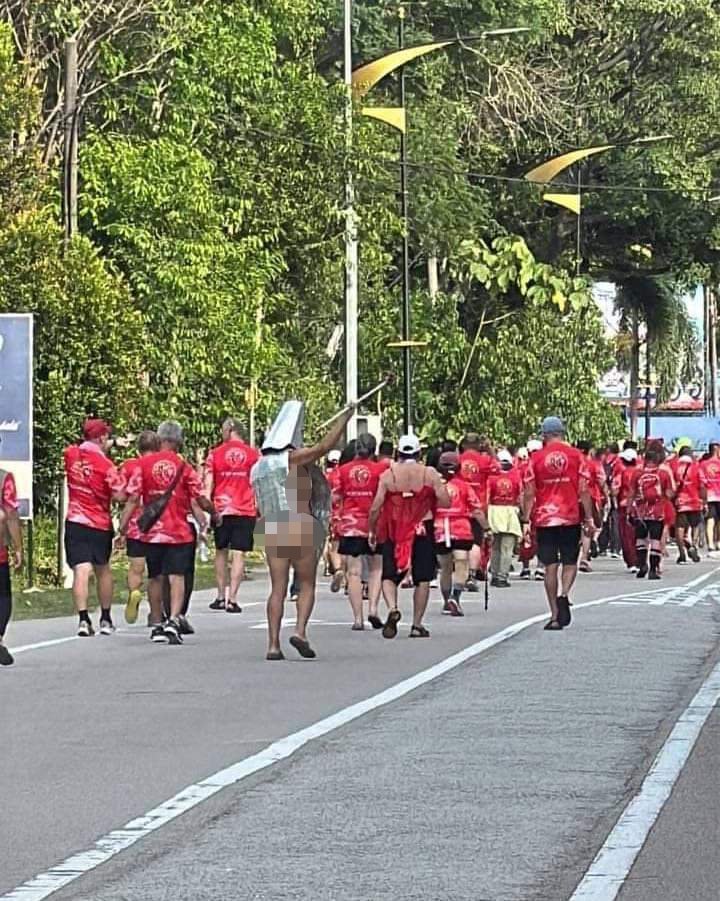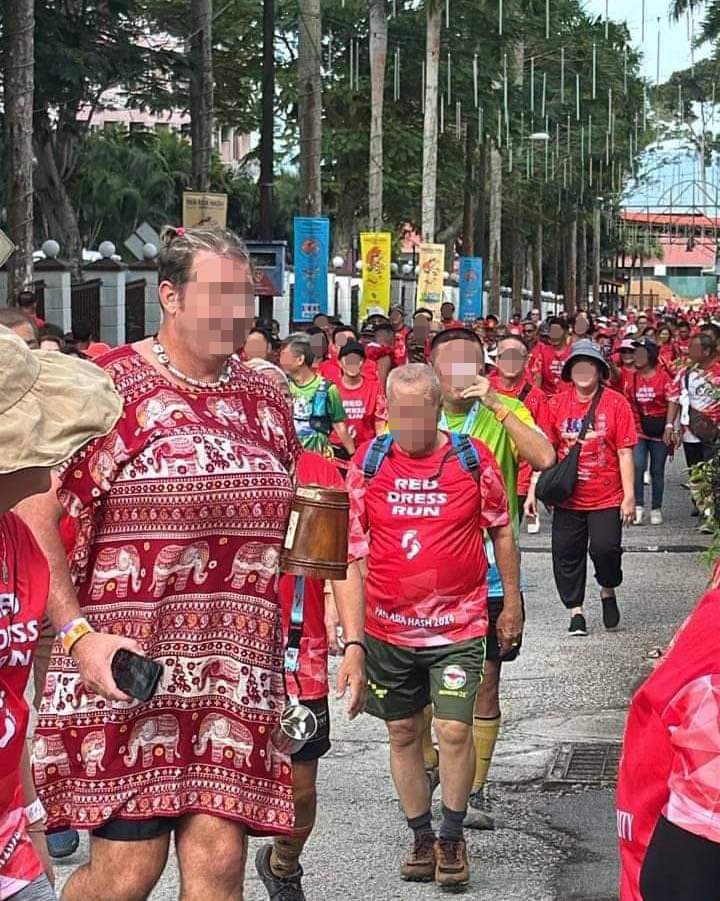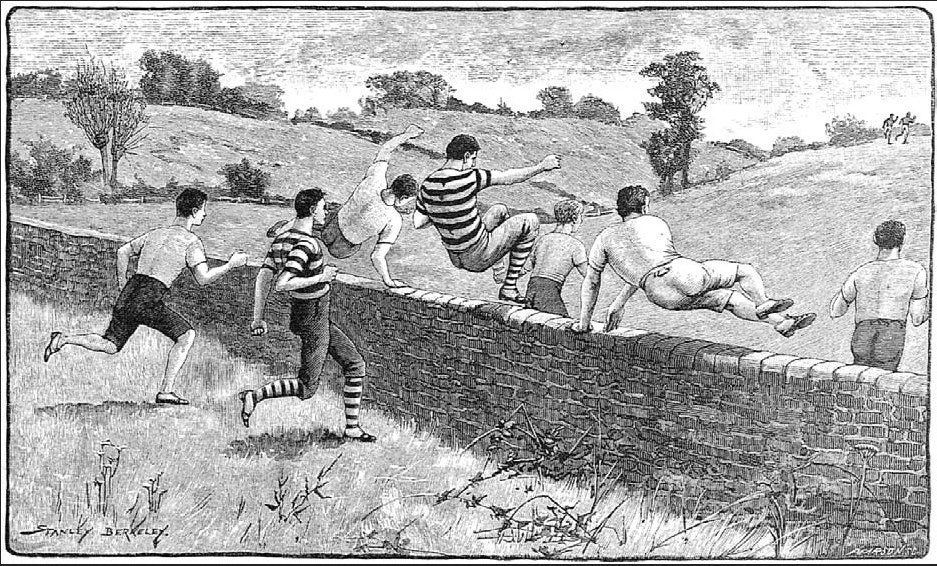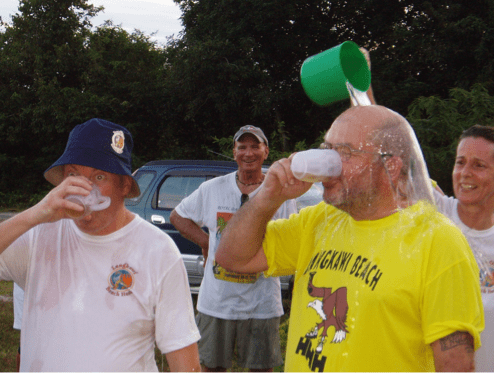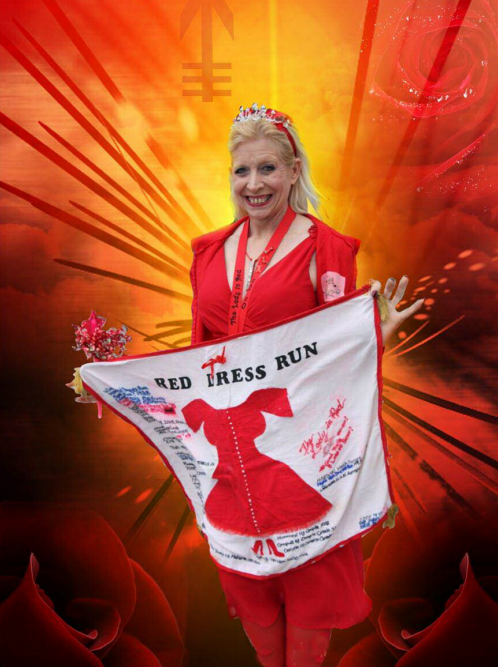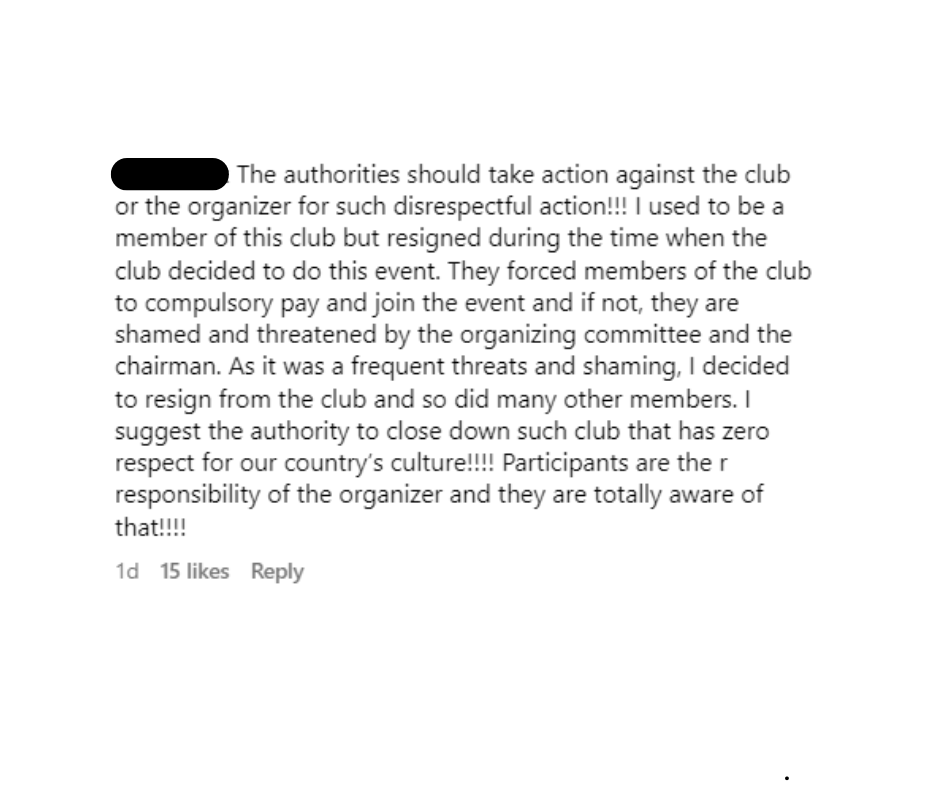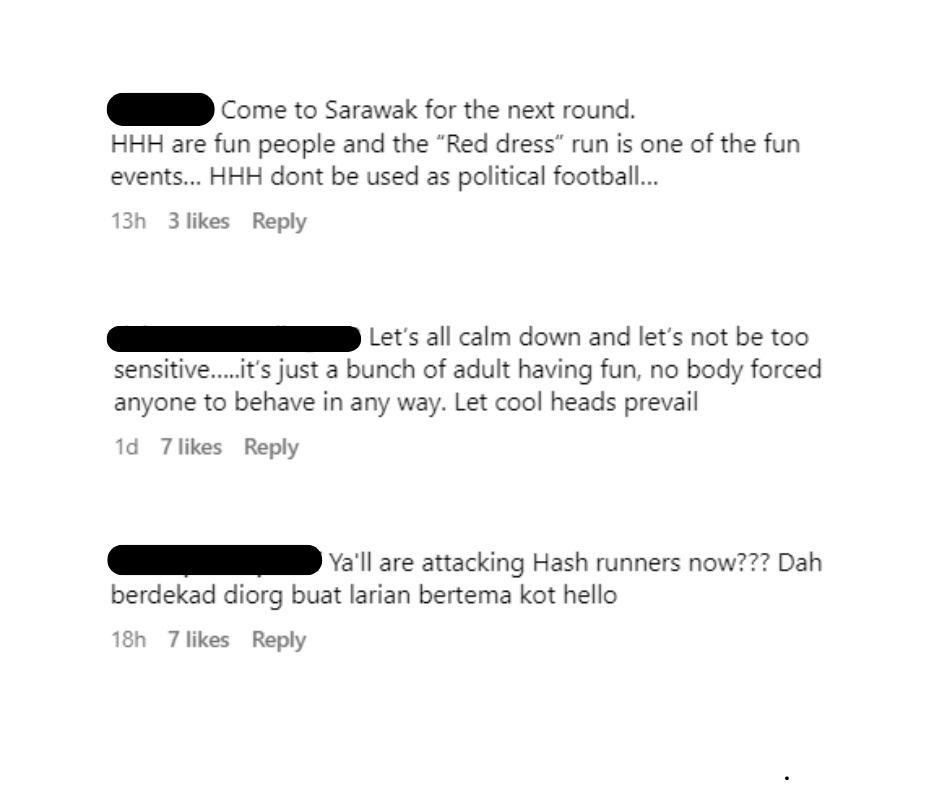What Are The Hash House Harriers And Why Were Men Running In Red Dresses In Johor?
The social running club actually originated in Kuala Lumpur!
Recently, photos of runners at the 2024 Pan Asia Hash, held in Desaru, Johor, led to condemnation and arrests
Three men, including a local and two foreigners aged between 39 and 70, were detained following allegations of inappropriate conduct during the run on Saturday, 5 October.
The organisers of the event are the Hash House Harriers (HHH). But who are they and what are they doing in Malaysia?
The HHH was created by a group of British immigrants who lived in the Federated Malay States (now Malaysia) in 1938
In December 1938, these British men started meeting on Friday evenings in Kuala Lumpur to run in a style inspired by the traditional British game of "hare and hounds".
In this game, one or two "hare" runners would scatter a trail of paper for the "hounds" to follow. Along with the thrill of chasing the hare and finding the trail, those reaching the end would enjoy plenty of beer and cigarettes.
The original idea was for members to stay fit while countering the effects of their frequent beer consumption, thus they coined the term "A Drinking Club with a Running Problem".
The original members, often referred to by their hash names, included Albert Stephen Ignatius Gispert ("G"), Cecil Lee, Frederick Thomson ("Horse"), Ronald Bennett ("Torch"), Eric Galvin, H.M. Doig, and John Woodrow.
A. S. Gispert proposed the name "Hash House Harriers" in reference to the Selangor Club Annex, commonly called the "Hash House," where several of the founding members lived and took their meals.
The "Hash House" got its name for "its hodgepodge of edible servings being passed off for food". The term hash was used as an old British slang for "bad food".
After World War II, the Hash House Harriers reorganised in KL and recorded their constitution on the club registration card
The objectives, which still exist today, are:
- To promote physical fitness among our members
- To get rid of weekend hangovers
- To acquire a good thirst and to satisfy it in beer
- To persuade the older members that they are not as old as they feel
In 1962, the second chapter of HHH was founded in Singapore
Chapters are commonly called kennels, following the tradition of Hound & Hare clubs.
HHH now has almost 1,500 kennels spread across the world, where members organise regional and world hashing events, as well as distribute newsletters, directories, and magazines.
While hashing has grown into a worldwide movement, their reputation is controversial
The group's culture centres around drinking, off-colour songs, and bawdy humour, which often contradicts the cultures of local communities and puts them at odds with authorities.
The hashers' tendency to leave paper, flour, or chalk trails has been seen as littering or even vandalism.
Plus, their alcohol-fuelled "circle" sessions at the end of runs can be rowdy and disruptive, leaving many on-lookers concerned.
A down-down is a means of punishing, rewarding, or merely recognising an individual for any action. The individual drinks beer while getting doused with water.
Image via The Island DrumThe group organises regular hashes, often on a weekly or monthly basis. However, they also have special events, including what is known as the Red Dress Run.
Originating in 1987 in Long Beach, California, a woman named Donna Rhinehart was taken to a hash and told to "wait in the truck" until her host returned.
Instead, Rhinehart joined the hash in her red dress.
The following year, Rhinehart received an invitation and airline ticket from the San Diego Hash House Harriers to attend the inaugural "Red Dress Run".
Hundreds of hashers wore red dresses for the event which was widely covered by local media, and it has become a tradition ever since.
The Red Dress Run is particularly famous in New Orleans, but many critics have argued that the event can come across as disrespectful, particularly in communities with different cultural values.
The Johor hash has led to a lot of online discussion, with Malaysians weighing in on both sides
One online commenter shared their experience as a former member of the HHH.
They claimed that the organising committee and chairman shamed and threatened members into paying and joining events. They added that many members, including themselves, resigned due to the organisers.
Other commenters agreed with the arrests and found the actions of the hashers to be disrespectful.
However, there were others in support of the hashers, adding that no harm was done and adults were just having fun
